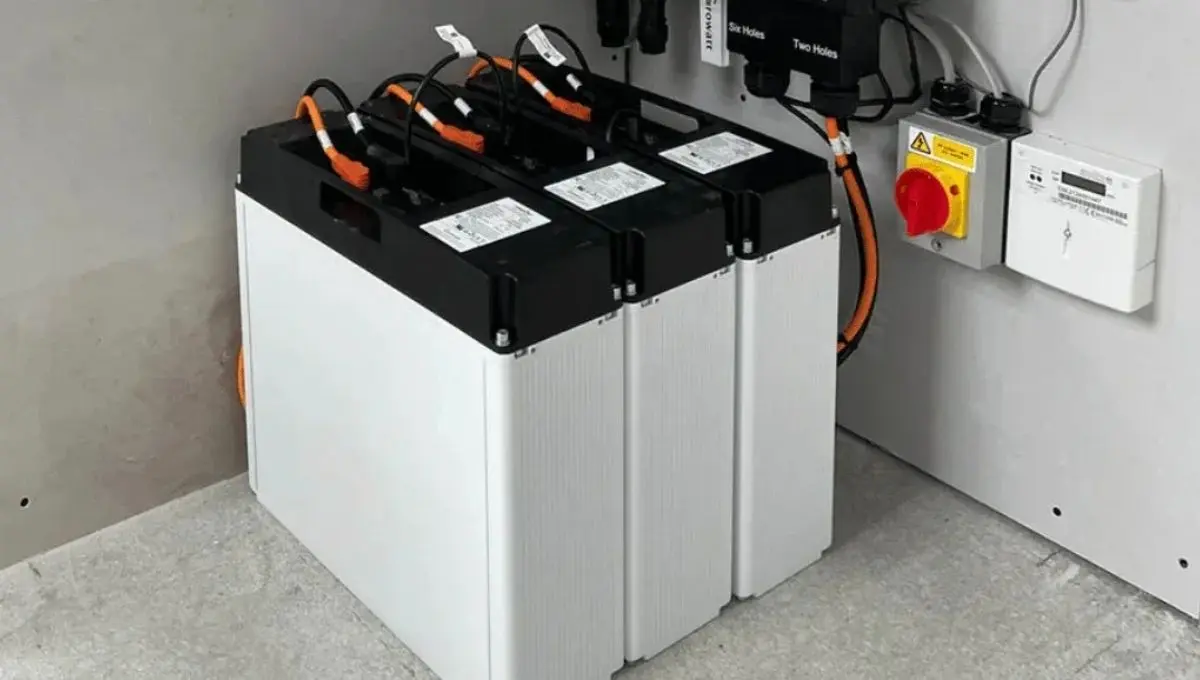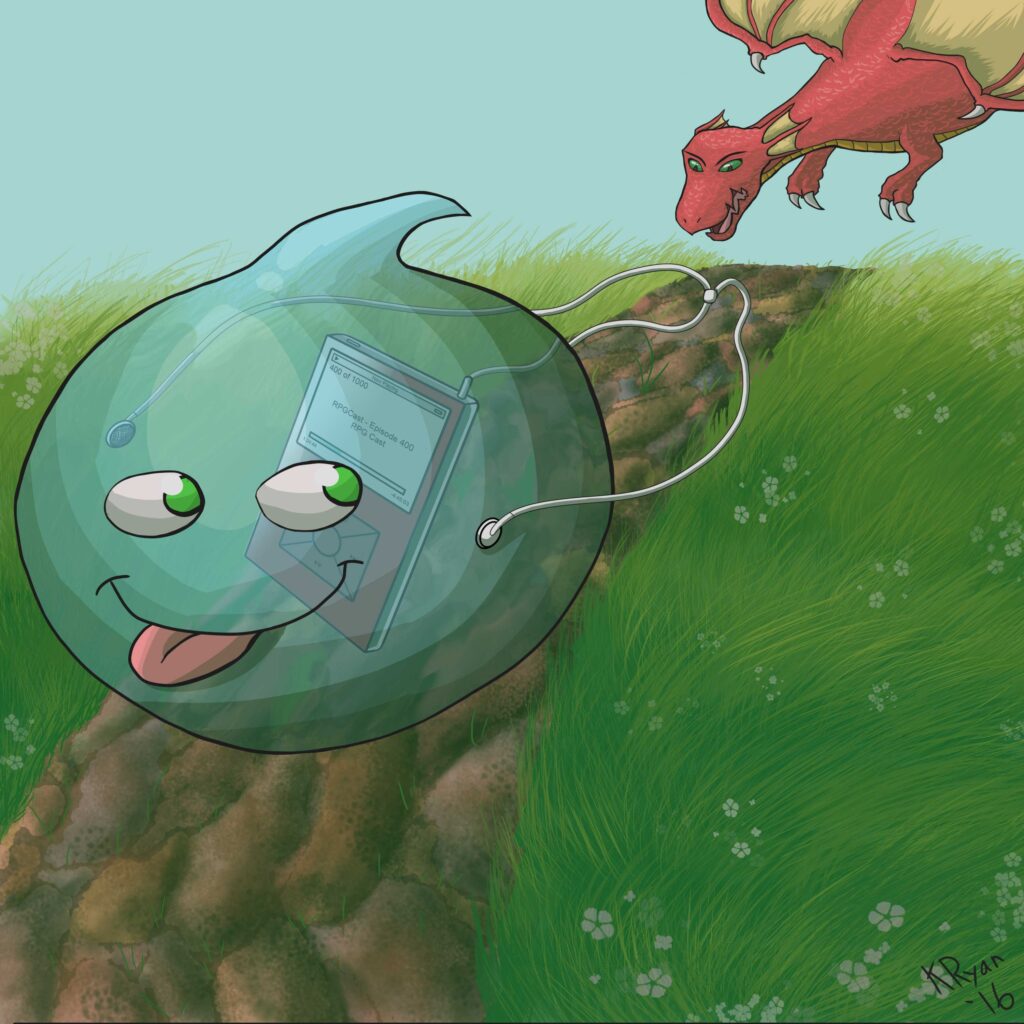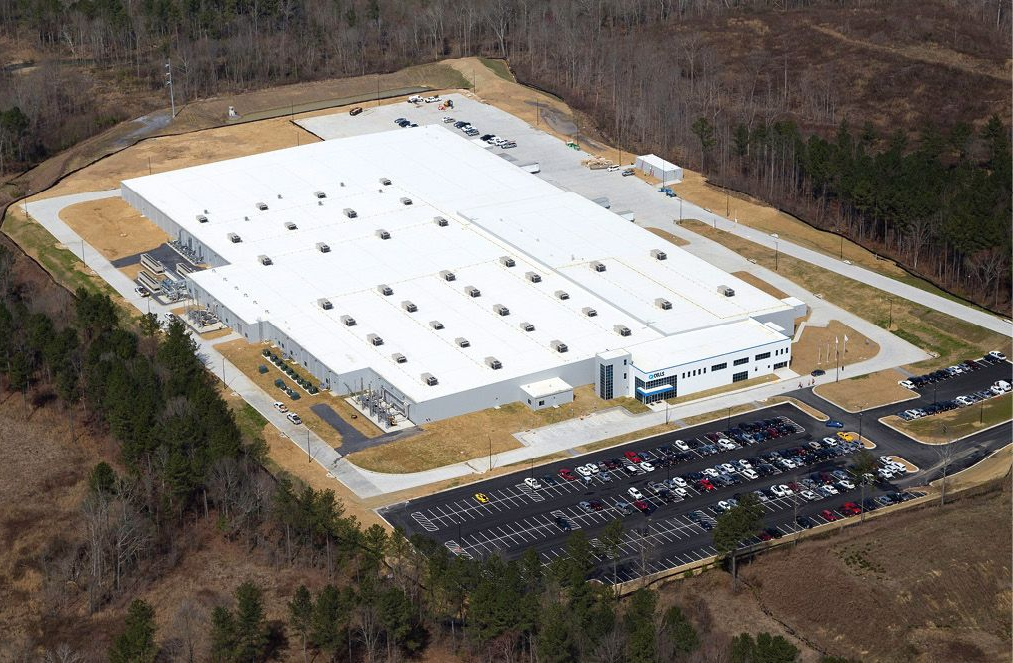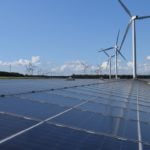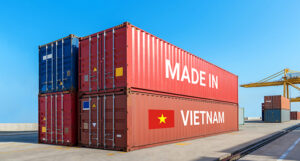Nigeria’s power supply keeps getting worse, which leaves many people are turning to solar energy for a steady source of electricity.
But while solar panels get most of the attention, the real power lies in the batteries that store your energy. A good solar battery can determine how reliable your entire solar setup will be.
If you choose the right one, you’ll enjoy steady light during blackouts, spend less on fuel, and save more in the long run. But if you pick wrongly, you’ll face frequent power drops and extra costs.
Here’s what you should know before buying a solar battery in Nigeria.
Capacity — How Much Energy the Battery Can Store Battery capacity, measured in ampere-hours (Ah), tells you how much electricity your battery can hold. Think of it as your battery’s “fuel tank.” A 200Ah battery, for instance, can store twice as much energy as a 100Ah battery.
If you plan to power a fridge, fans, lights, and electronics, go for a higher-capacity battery. But note that bigger batteries are costlier and heavier. For small households, two mid-sized batteries often balance cost and performance better.
Voltage — Matching Your System Correctly Your battery’s voltage must match your inverter and solar panels. Most batteries come in 12V, 24V, or 48V. Mismatched voltages can reduce power efficiency or even damage your equipment.
In Nigeria, 48V systems are becoming more popular because they reduce energy loss and perform better. Always confirm compatibility with your installer before purchase. It’s cheaper to ask than to replace burnt equipment later.
Battery Type — Lead-Acid or Lithium? There are mainly two battery types in Nigeria: lead-acid and lithium-ion.
Lead-acid batteries are cheaper and easy to find but require regular maintenance like topping up water and cleaning terminals.
They are heavy, have a shorter lifespan, and only let you use about half of their total energy safely.
Lithium-ion batteries, especially LiFePO₄ (lithium iron phosphate), are more advanced. They’re lighter, last longer, and let you use up to 90% of their energy without damage. Although more expensive, they can last three to four times longer and handle Nigeria’s heat better.
Brands like BYD, Felicity, Blue Carbon, Yohako, and SRNE are popular for offering strong lithium options.
Depth of Discharge and Cycle Life — How Long It Will Last Depth of Discharge (DoD) shows how much of your battery’s power you can safely use. Lead-acid batteries have around 50% DoD, while lithium batteries can go up to 90%.
Cycle life means how many times a battery can be charged and discharged before it starts to weaken.
Lead-acid batteries can handle about 1,000–2,000 cycles, while lithium ones can reach 7,000 or more. If you can afford it, a lithium battery gives better long-term value.
Efficiency and Temperature Resistance Efficiency means how much power your battery returns compared to what it receives. Lithium batteries are more efficient around 90–95%, while lead-acid types are about 80–85%. That difference means more usable power for you.
Nigeria’s high temperature is also a big deal. Lead-acid batteries wear out faster in heat above 35°C. Lithium batteries perform better, even up to 60°C. No matter the type, always install your battery in a cool, shaded space for longer life.
Warranty and Local Support A strong warranty shows the manufacturer’s confidence. Look for batteries with at least 5 to 10 years of warranty or a clear cycle guarantee.
Also, buy from brands with Nigerian service centers or authorized dealers that way, you can get help easily if something goes wrong.
When buying, don’t focus on price alone. A cheap battery that fails after two years will cost more to replace than a durable one that lasts for eight or ten. Always check warranty, efficiency, and brand reputation before making your decision.
https://businesselitesafrica.com/what-you-should-know-before-buying-solar-batteries-in-nigeria/

